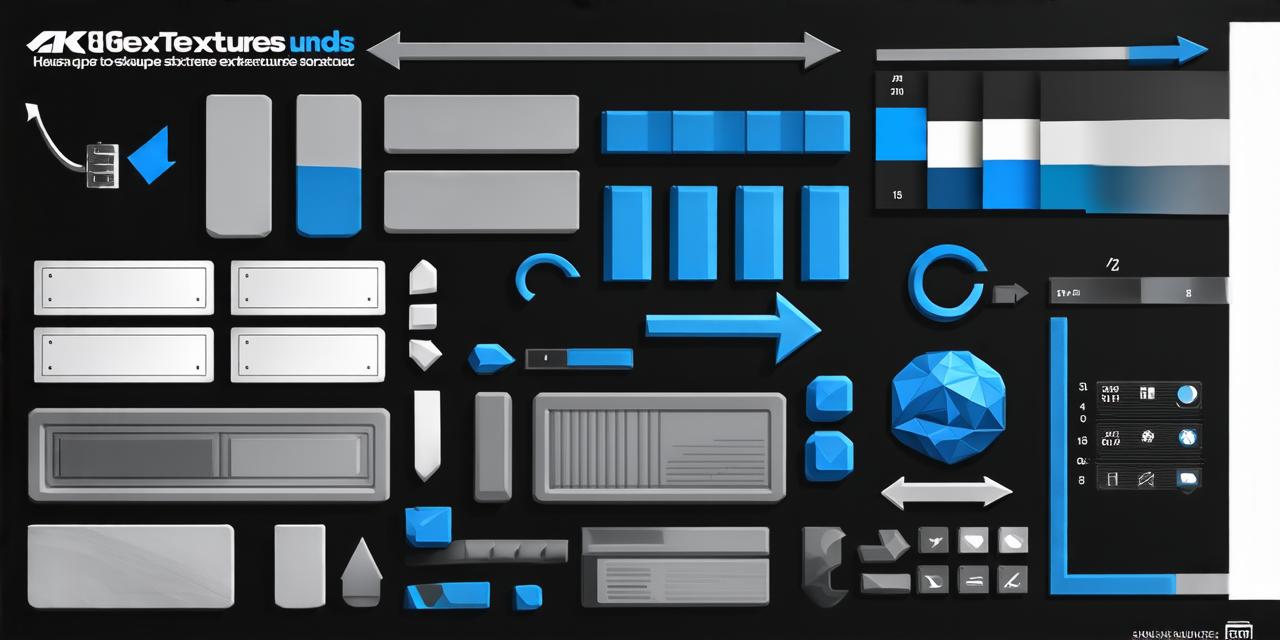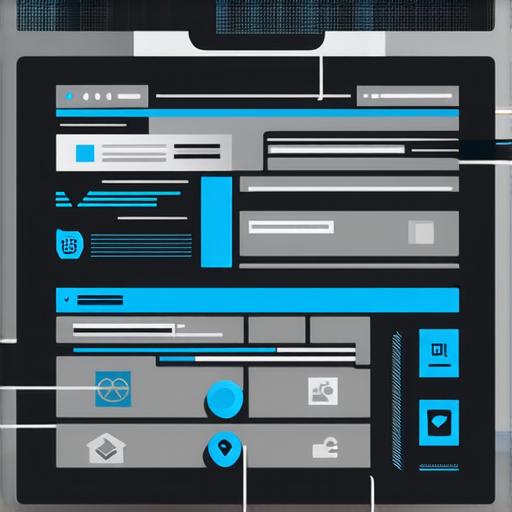
Is web development becoming obsolete?
Introduction
In the ever-changing world of technology, it’s natural to question the future of web development. As new technologies emerge, some may wonder if traditional web development skills are becoming obsolete. However, a closer look reveals that while the landscape is shifting, web development remains vital and evolving.
The Shift: From Desktop to Mobile
The rise of mobile devices has undeniably impacted web development. With more users accessing the internet via smartphones, responsive design has become a necessity. This shift from desktop-centric development to mobile-first design is not a sign of obsolescence but rather an adaptation to user behavior.
The Evolution: From Static to Dynamic
The web has evolved from static pages to dynamic, interactive experiences. JavaScript libraries like React and Angular have revolutionized the way we build web applications, making them more engaging and responsive. This evolution is not a replacement of traditional web development but an extension, offering new opportunities for developers.
The Challenge: Keeping Up with the Pace
The rapid pace of technological change can be daunting for web developers. Learning new languages, frameworks, and tools is essential to staying relevant. However, this challenge also presents opportunities for growth and innovation. As one expert puts it, “Web development is not becoming obsolete; it’s simply evolving faster than ever before.”

The Opportunity: Full-Stack Development
The increasing complexity of web applications has led to the rise of full-stack developers. These versatile professionals can handle both front-end and back-end development, making them invaluable in today’s tech landscape. This trend towards full-stack development offers opportunities for developers to broaden their skillset and increase their value in the job market.
Conclusion
While the web development landscape is indeed evolving, it is far from becoming obsolete. The rise of mobile devices, the shift from static to dynamic experiences, and the challenge of keeping up with the pace of change all point to a vibrant and exciting future for web developers. Embracing new technologies, learning new skills, and adapting to user behavior will be key to success in this evolving field.
FAQs
1. Is web development dying out? – No, web development is not dying out; it’s simply evolving at a rapid pace.
2. What skills are most in demand for web developers today? – Full-stack development skills are highly sought after, as well as proficiency in JavaScript libraries like React and Angular.
3. How can I stay relevant as a web developer? – Staying relevant requires continuous learning and adaptation to new technologies and user behavior. Embracing full-stack development can also help broaden your skillset.

















